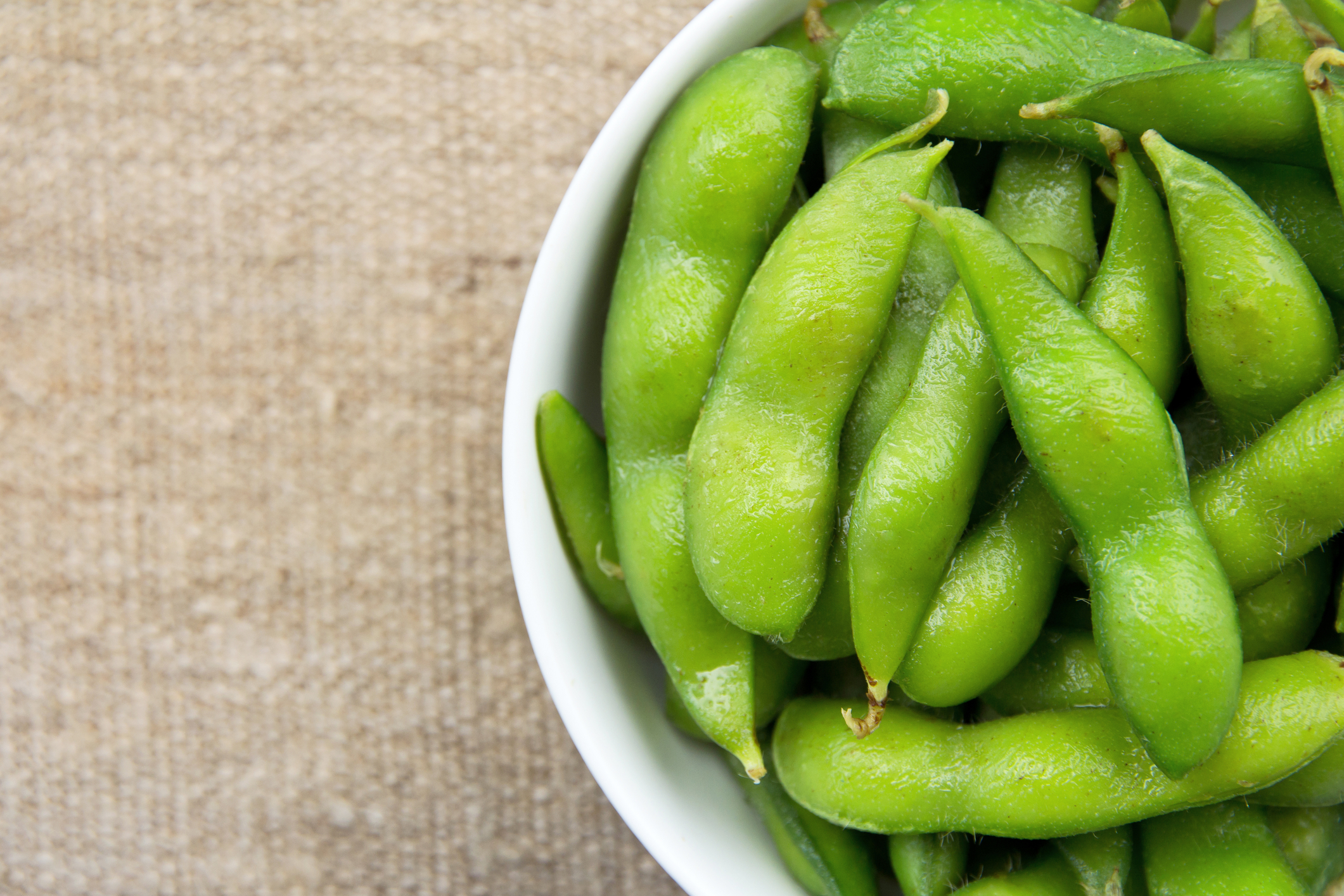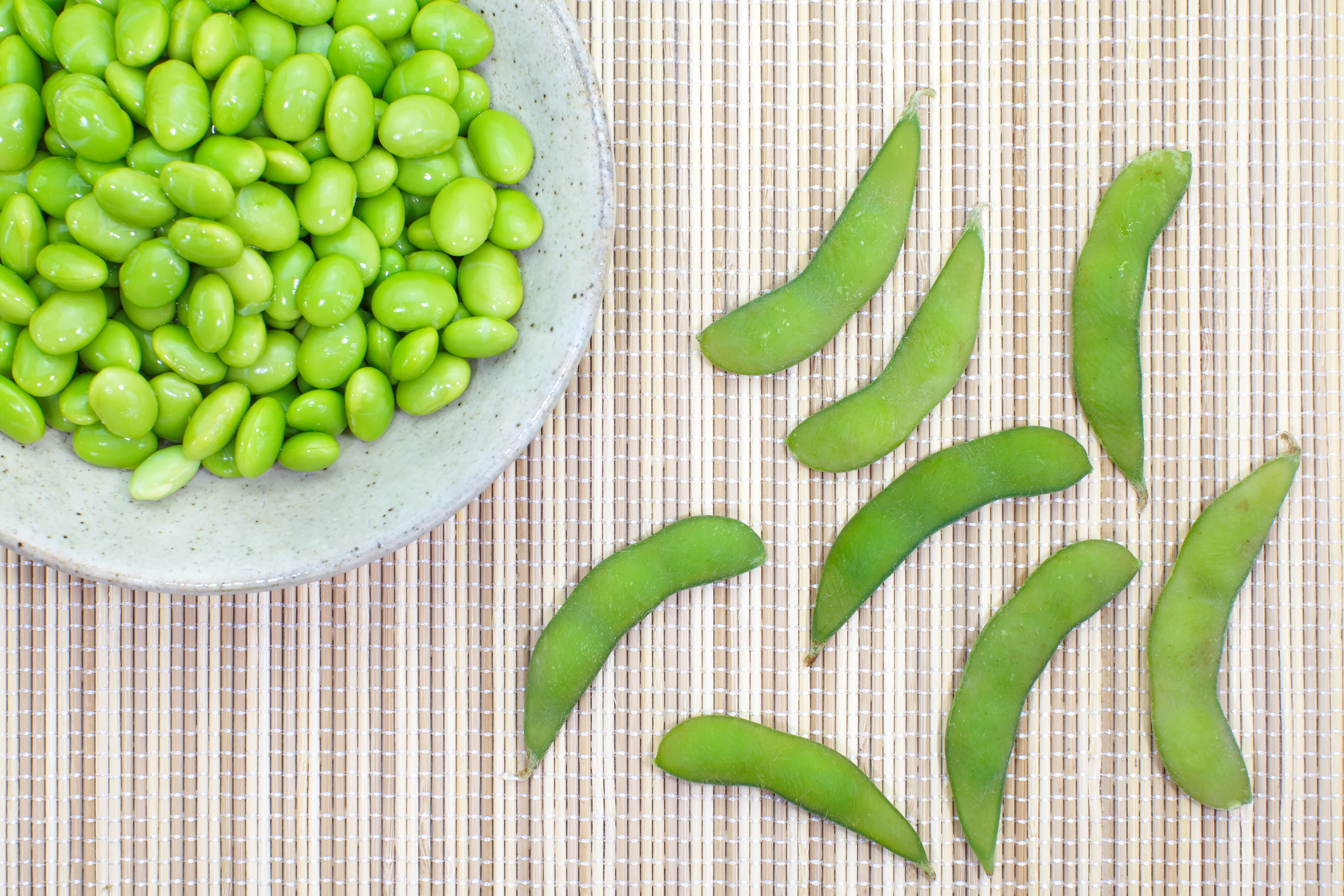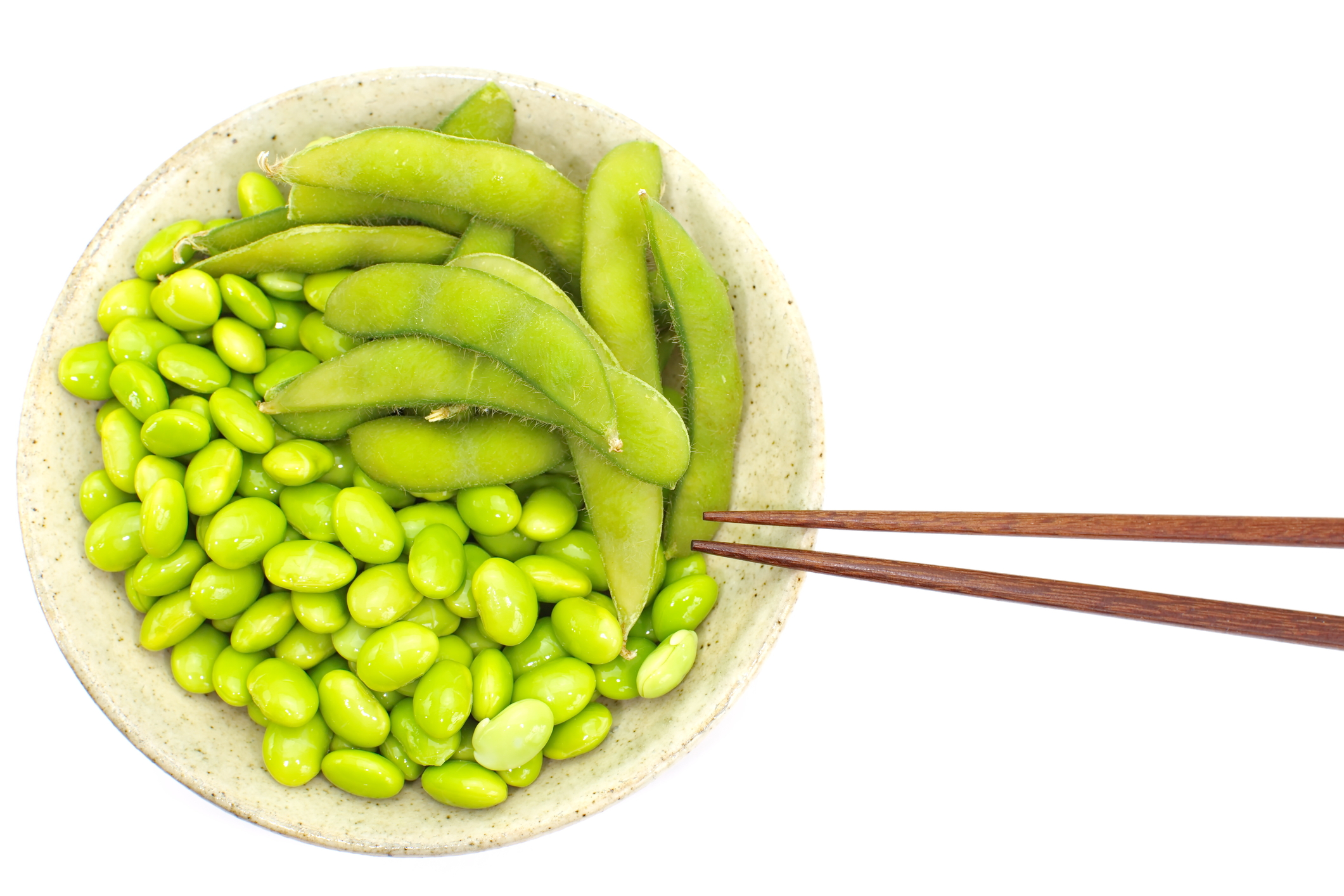Top 5 Health Benefits of Addictive Edamame Powering Your Path to Wellness
Edamame, or young soybeans, have a high nutritional index, making them an invaluable player in our diets. Often found in East Asian cuisine, these beans can be steamed, boiled, or stir-fried to suit an array of dishes.
Packed with a variety of key nutrients including fiber, protein, and a range of vitamins and minerals, edamame is a solid choice when looking for a power-packed snack or side dish. In a single serving of this vegetable, you receive a good proportion of your daily recommended intake of various nutrients.
An essential perk of these beans is their high protein content, with 18.5 grams per cup. Protein is vital for building and repairing tissues, making hormones and enzymes, and it serves as building blocks for bones, muscles, cartilage, skin, and blood. In a protein race among veggies, edamame truly bags the gold.
Additionally, edamame supplies healthy mono- and poly-unsaturated fats. As heart-healthy options, these fats can help in reducing levels of harmful cholesterol, hence reducing risk of heart diseases and stroke.
Metabolism Warrior: Edamame For Enhanced Metabolism

The high concentration of proteins in edamame gives another health advantage: enhanced metabolism. Proteins break down at a slower pace than carbohydrates, ensuring a steady energy release that can keep you feeling full longer, preventing unnecessary snacking or overeating.
Moreover, the fiber in edamame also contributes to the satiety factor, slowing digestion and regulating blood sugar levels. With 8 grams of fiber in every cooked cup, they contribute to your daily fiber intake effectively.
This fiber-protein combination isn’t just a blessing for weight-watchers, but it also proves quite advantageous for diabetics by helping control their blood sugar levels.
Including edamame in your diet can therefore aid in improved digestion, better weight management, and improved energy levels.
Bone Health Booster: Edamame For Healthy Bones

With over 10% of your daily recommended intake of calcium and 12% of iron per cup, edamame provides the essential nutrients responsible for maintaining healthy bones.
Calcium density in edamame helps in strengthening bones and reducing the risk of osteoporosis. It aids in bone building and maintenance of bone strength.
Iron in edamame allows better oxygen transport to the bones and muscles, adding to their overall health. Iron deficiency can lead to anemia, which can cause bone deterioration. Therefore, sufficient iron intake is always necessary.
Thus, incorporating edamame into your diet, especially for vegetarians and vegans, can be a way to ensure necessary calcium and iron intake for strong and healthy bones.
Skin and Hair Revitalizer: Edamame for Vibrant Appearance

Rich in antioxidants such as isoflavones, edamame has significant potential for skin and hair health. Antioxidants counteract the harmful effects of free radicals, preventing inflammation, premature aging, and other skin damage.
Moreover, edamame provides us with Vitamin C and E, two other potent antioxidants. These vitamins aid in collagen synthesis, which promotes skin elasticity and strength. A cup of edamame accounts for 10% of your daily recommended intake of Vitamin C and 8% of Vitamin E.
The high protein content in edamame is yet another boon for hair health. It aids in strengthening hair follicles, promoting their growth and adding shine to your locks.
Including edamame in your diet means boosting your body's defense system and naturally enhancing your appearance from the inside out.
Brain Health Promoter: Edamame for Cognitive Function

Edamame is armed with several brain-boosting nutrients, including folate, choline, and Vitamin K. They might contribute to improved memory, mood regulation, and overall cognitive function.
Folate, present significantly in edamame, is known for its role in brain development and function. It reduces the level of homocysteine, an amino acid linked to cognitive decline.
Similarly, choline is an essential nutrient often associated with improved memory and cognition. It aids in the production of acetylcholine, a neurotransmitter that plays a key role in memory and mood regulation.
Finally, Vitamin K may help delay cognitive decline. Edamame provides 33% of the daily Vitamin K recommendation, making it a smart choice for those seeking brain health-enhancing foods.
Inclusion of edamame in your diet can offer potential benefits for brain health, giving you even more reasons to love these tasty green treats.